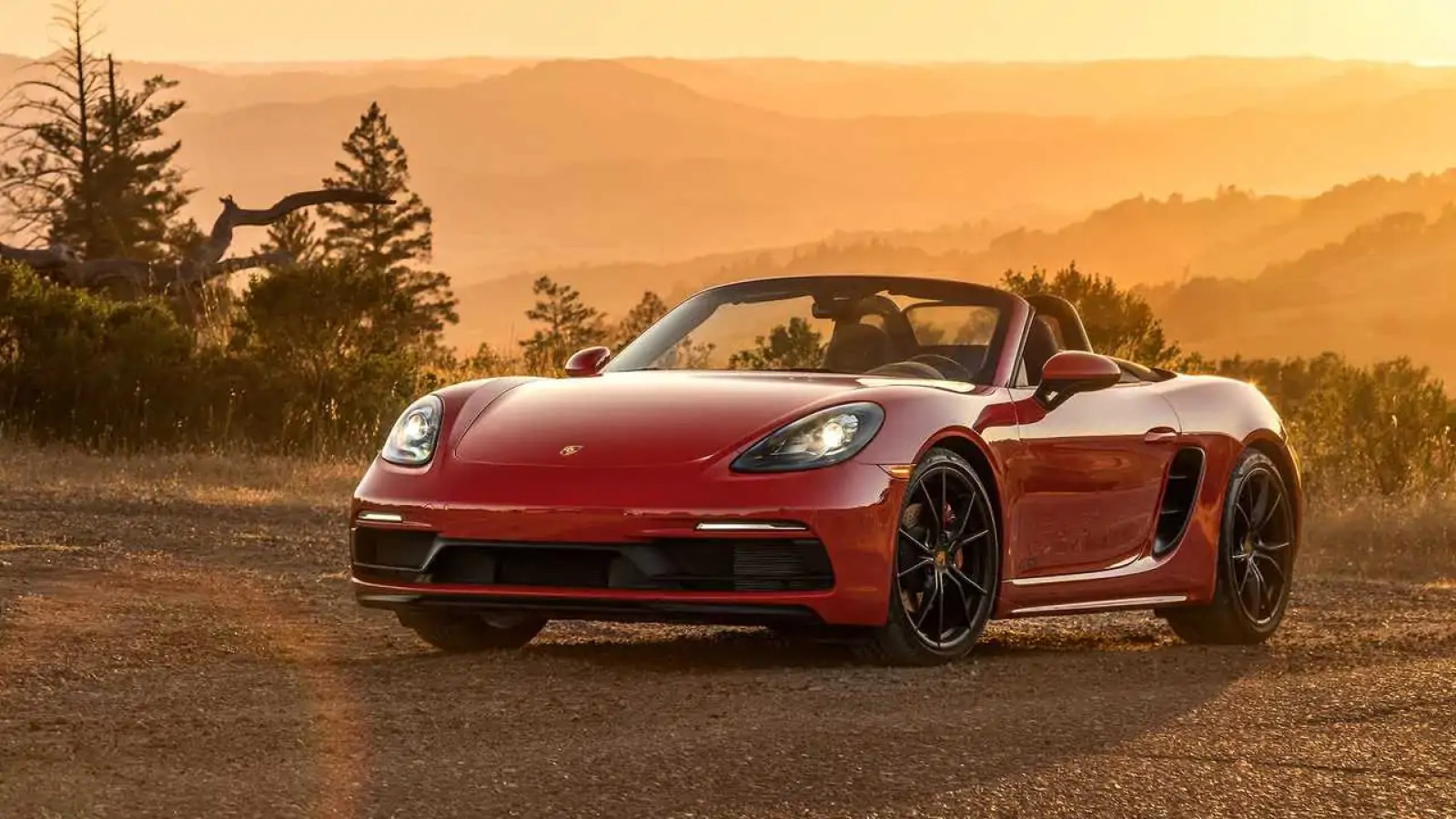5 Minutes
Porsche Grapples with Industry Headwinds and Shifting Market Dynamics
Porsche AG, renowned for its legacy of engineering excellence and high-performance vehicles, is navigating one of the most challenging periods in its history. As global automotive trends evolve and economic pressures intensify, the German sports car manufacturer is re-evaluating its business strategies to remain competitive in a rapidly transforming market.
Declining Sales and Major Restructuring Efforts
The iconic automaker has seen its global sales contract for the second year running. In 2023, Porsche reported a 3% decrease in worldwide deliveries, a decline that accelerated to a 6% drop in the first half of 2024. In response, the company has announced significant cost-cutting initiatives, including the planned elimination of 1,900 jobs by 2029.
According to CEO Oliver Blume, additional cuts are on the horizon as the brand contends with shrinking demand, especially in China, and rising operational costs exacerbated by new tariffs. In a candid communication to employees, Blume acknowledged that Porsche's traditional business strategy "no longer works in its current form," highlighting the urgent need for innovation and restructuring.
Market Performance: U.S. Stability vs. China’s Downturn
While North America remains a bright spot, with a 1% increase in deliveries in 2024 and a robust 10% rise in the first half of 2025, Porsche faces unpredictable prospects. Recent price increases—up to 3.6% for some models—could temper this momentum, particularly for high-volume models like the Macan and Cayenne. These luxury SUVs play a crucial role in sustaining Porsche’s market share, but further price hikes risk alienating potential buyers.
Conversely, the Chinese market presents significant challenges. Porsche experienced a sharp 28% drop in sales throughout 2024, a trend that continued unabated into 2025. With local automakers rapidly introducing affordable, tech-savvy electric vehicles, Porsche is under increased pressure to innovate and adapt to shifting consumer preferences.
Product Lineup: Electric Evolution and Model Transitions
In line with the automotive industry’s pivot toward electrification, Porsche is making bold moves within its vehicle portfolio. By year’s end, the company will retire the current gasoline-powered Boxster and Cayman models, with their electric successors not expected before 2026. Additionally, a fully electric Cayenne SUV is set to debut soon, expanding Porsche’s all-electric offerings.
Yet, the transition hasn’t been entirely smooth. The Porsche Taycan—the brand’s flagship electric car—endured a significant 49% plunge in sales in 2024 and saw a further 6% dip in the first half of 2025. In sharp contrast, the electric Macan crossover has enjoyed a promising market reception, potentially signaling a path forward for future models.
Future Models, Innovation, and Competitive Positioning
Looking ahead, Porsche is rumored to be developing a new gasoline-powered crossover to slot beneath the Cayenne. However, even if approved, this model wouldn’t launch until around 2030. Additionally, the long-anticipated three-row SUV remains on hold, likely due to uncertain demand for electric vehicles in this segment.
To adapt to shifting consumer tastes and market realities, Porsche is reconsidering its product strategy. The brand is now evaluating the introduction of gasoline engine variants for some models initially designed as electric-only, reflecting a pragmatic approach in an era of fluctuating EV demand. Notably, the ambitious target to have electric vehicles comprise 80% of Porsche sales by 2030 has been officially abandoned, with Blume conceding that this goal is no longer achievable given current trends.
Design, Performance, and Market Comparisons
Despite these obstacles, Porsche continues to lead with state-of-the-art design and legendary performance. Core models like the 911 remain in high demand, renowned for their precision engineering, striking aesthetics, and exhilarating driving dynamics. While electric newcomers such as the Taycan and Macan EV face stiff competition from Tesla, Mercedes-Benz EQ series, and local Chinese brands, Porsche’s focus on handling, build quality, and brand prestige continues to set it apart in the luxury performance segment.
Conclusion: An Era of Transformation for Porsche
The road ahead is uncertain for Porsche, but the brand’s commitment to excellence and innovation leaves room for optimism. By refocusing on core strengths, diversifying powertrain options, and responding agilely to global market shifts, Porsche aims to retain its legendary status in the automotive world, even as it reinvents itself for the electric age.
Source: motor1


Leave a Comment